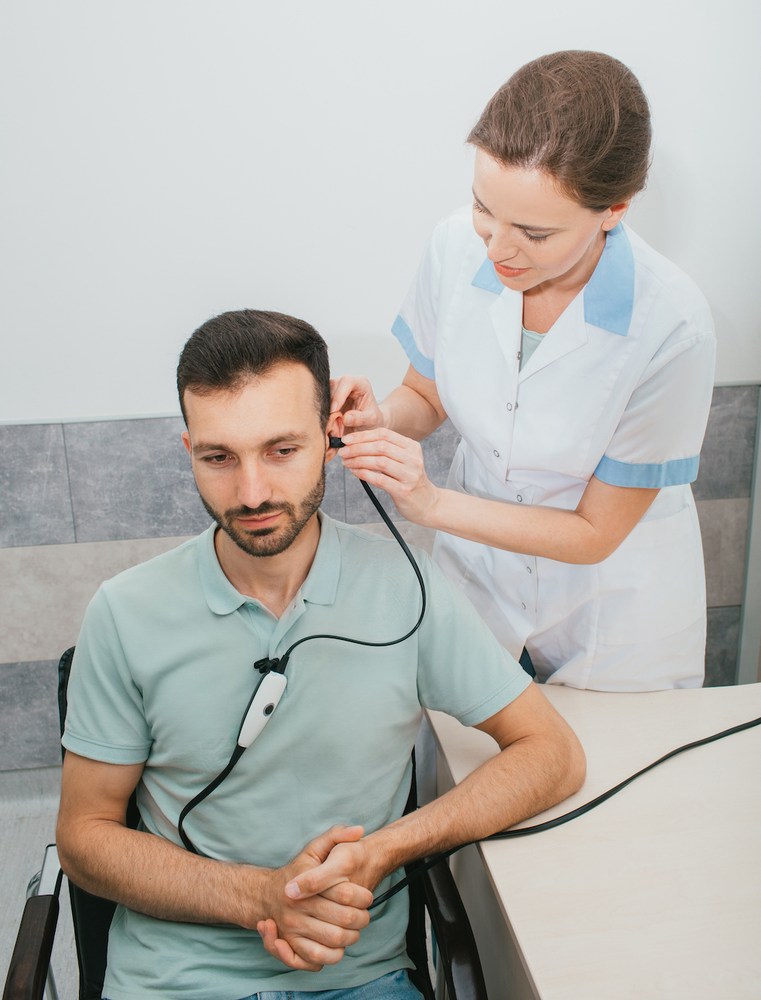How to Advocate for Yourself During a Hearing Test
Scheduling a hearing test is an important part of taking care of your
Celebrating 10 Years of Service!


Scheduling a hearing test is an important part of taking care of your

Your hearing aids are built to handle daily wear and keep up with your

The workplace demands constant communication – team meetings, client